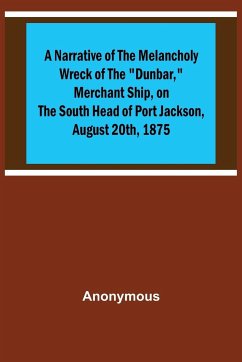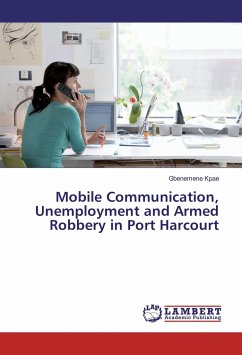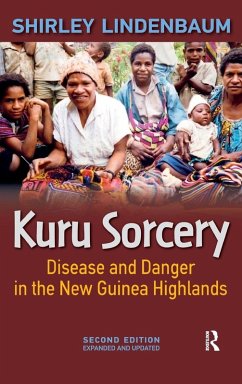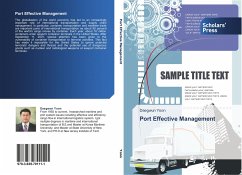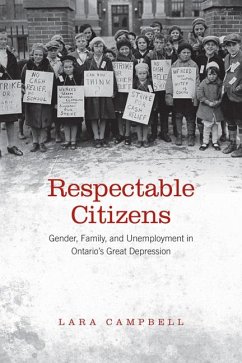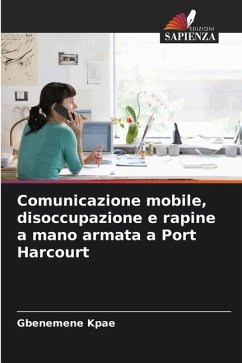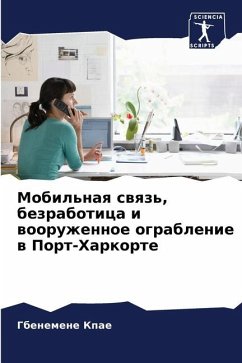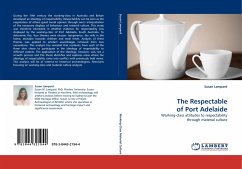
The Respectable of Port Adelaide
Working-class attitudes to respectability through material culture
Versandkostenfrei!
Versandfertig in 6-10 Tagen
52,99 €
inkl. MwSt.

PAYBACK Punkte
26 °P sammeln!
During the 19th century the working-class in Australia and Britain developed an ideology of respectability. Respectability can be seen as the negotiation of others good moral opinion through one's interpretation of the necessary displays of behaviour and material culture. This study was therefore interested in whether evidence for respectability was displayed by the working-class of Port Adelaide, South Australia. To determine this, four themes were chosen: temperance, the wife in the home, attitudes towards children and meal times. Analysis of these themes was applied to artefact assemblages ...
During the 19th century the working-class in Australia and Britain developed an ideology of respectability. Respectability can be seen as the negotiation of others good moral opinion through one's interpretation of the necessary displays of behaviour and material culture. This study was therefore interested in whether evidence for respectability was displayed by the working-class of Port Adelaide, South Australia. To determine this, four themes were chosen: temperance, the wife in the home, attitudes towards children and meal times. Analysis of these themes was applied to artefact assemblages retrieved from two excavations. This analysis has revealed that residents from each of the three sites chose to participate in the ideology of respectability to different extents. The application of the ideology, however, was not a smooth process and this thesis identifies and explores areas where the ideology of respectability came into conflict with previously held views. This analysis will be of interest to historical archaeologists, historians focusing on working-class and material culture analysts.



